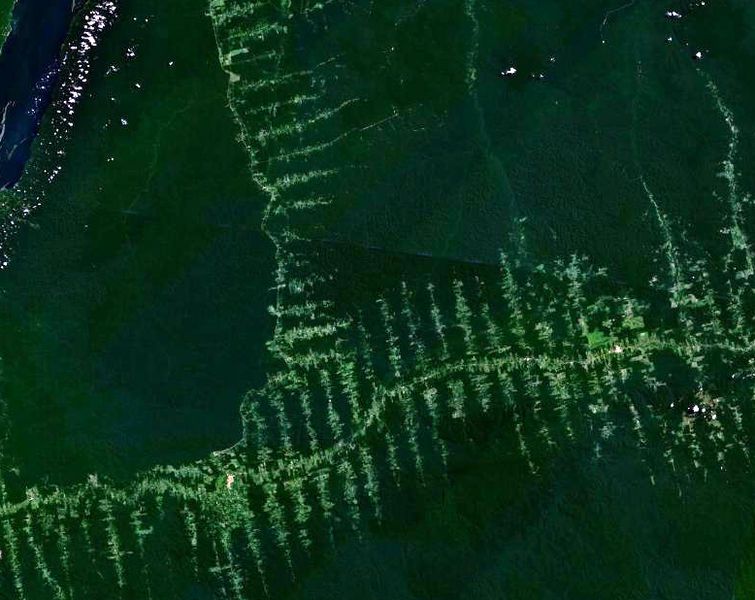World Bank report analyses illegal logging
A new World Bank analysis has slammed illegal logging, citing it as a major cause of flooding in some regions and generates massive profits for organised crime.

A new World Bank analysis has slammed illegal logging, citing it as a major cause of flooding in some regions and generates massive profits for organised crime. It estimates £7.5 – 11 billion is generated for criminals in countries ranging from Indonesia to Madagascar to West Africa.
The report entitled, ‘Justice for Forests’ says that much of the money generated goes to corrupt officials and that the best approach to stopping the logging is to take the criminals to court. This has had a major impact in some nations, it says.
Jean Pesme, manager of the World Bank Financial Market Integrity team says "We need to fight organised crime in illegal logging the way we go after gangsters selling drugs or racketeering”. Unfortunately, most of the logging is undetected, unreported or is ignored.
It is also important to target the leaders of the criminal enterprises, rather than merely punishing those who are involved because of exploitation and poverty. At the other end of the chain, demand for the illegal wood must be tackled; the USA has led the way with the Lacey Act, which means that all US operators must show that their wood comes from a legal source, reducing the demand for illegal wood by reducing its attraction to buyers.
Illegal logging is massively detrimental in several ways: it reduces biodiversity and damages habitats, it reduces the ability of the world to absorb carbon dioxide, making climate change worse, and it can lead to localised natural disaster which impact the local communities. This last fact is largely overlooked; forests can support local people in a huge number of ways, providing food, shelter and cultural heritage to them. The removal of the forest can create human rights violations and violence, create natural disasters like landslides, and cause soil erosion.
Despite the importance of preventing illegal logging, the legal variety is causing massive deforestation as well. Often legal logging can be little more than politically sanctioned illegal logging, with little regard for the local communities or the environmental impact of their actions. Clearing of land for farming also remains a huge problem, with ‘slash and burn’ agriculture remaining in many parts of the world.
